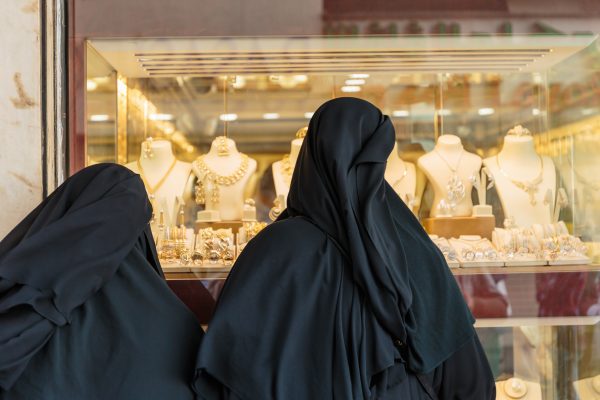We have been blessed with another month of Ramadan and this is the month to make abundant dua (supplication). But are we comfortable that we are refraining from one of the most common causes of preventing duas from being accepted? After all, the Prophet (SAW) narrates an incident of a “traveller on a long journey, who is dishevelled and dusty, and who stretches forth his hands to the sky, saying “O my Lord! O my Lord!” (i.e. making dua) while his food is unlawful, his drink is unlawful, his clothing is unlawful and he is nourished unlawfully.” The Prophet (SAW) said “how can he be answered?”
So we want to briefly and succinctly cover 3 points that can help us ensure we have the best possible chance of having our duas accepted and more importantly keeping it halal.
These are 3 points (in no way an exhaustive list) that ONLY work if you take a sincere approach and hope to attain the pleasure of Allah.
1. Zakat for this year and previous years
I’m sure charities have already bombarded you about giving your zakat to them. That aside, it’s essential that the zakat you are duty bound to pay is fully paid up for this year and previous years. Just remember the zakatable amount you are due to pay does not belong to you! The ownership belongs to the needy and those eligible for zakat.
Now there are many that will have given zakat from this year and / or previous years and alHamdulillah, that’s great. But there are many still out there that still do not pay zakat or have not paid for previous years, either out of ignorance or (in some cases) being unwilling to pay it. We have kept it as simple as possible with our Guide to Zakat and a Zakat Calculator that can help you understand, calculate and find a charity that you can pay your zakat through with relative ease
Also a practical tip. Most people will use Ramadan as the time they pay their zakat. Firstly, because Zakat is payable according to the Lunar calendar i.e. Islamic calendar. Take a date in Ramadan and use that as the annual date you pay your zakat every year e.g. 27th Ramadan which becomes much easier to remember every year. The second benefit is that you get the added reward of fulfilling this duty in the blessed month of Ramadan. So make sure you have give your zakat this Ramadan to a charity of your choice
2. Is your income halal
Be completely honest here, is your income really halal. Not just your salary, but have a think about, nature of your employment, any other forms of side income etc. How many restaurants / food businesses have you seen that strictly serve halal meat, complete with an ayah of quran about sustenance on the shopfront, whilst inside they are serving alcohol to customers. The care we take with our halal meat, should be the same level of due diligence we have when it comes to our income. And if we aren’t taking care with our food, that’s also an additional factor that needs to be rectified insh’Allah
3. Are you managing your wealth in a halal way
Have a think about workplace pensions that you may be involved in and whether these are shariah compliant pensions. You may have a conventional mortgage where you are paying back interest to the bank. Or it may be a bank account you have, where you are in receipt of small amounts of interest in a savings or current account.
These are just a few examples of riba impacting us on a daily basis and robbing us of this golden opportunity of our dua being accepted. Where possible, stop what you possibly can and make an earnest intention to take yourself out of anything that is haram (not permissible). In some cases, this can be because of negligible amounts of interest. Nevertheless it’s still interest!
Now is the perfect opportunity to make some changes to the above 3. In many cases, they are just small adjustments that need to be made, to ensure we are able to make the most of the opportunities in this blessed month. This is something that we aim to do at SharedEq by making it easier to understand and practically manage our finances to ensure they are sensibly managed but also halal. May Allah (SWT) accept it from all of us.
(This article by SharedEq was originally posted here)
SharedEq help anyone wanting to manage their finances in a halal AND sensible risk based way. We aim to do that by providing material that has been balanced from 3 perspectives: adherence to the shariah, ‘real world’ professional financial management and academic based financial management.
To find out more, visit their website and don’t forget to like them on Facebook, Twitter and YouTube





